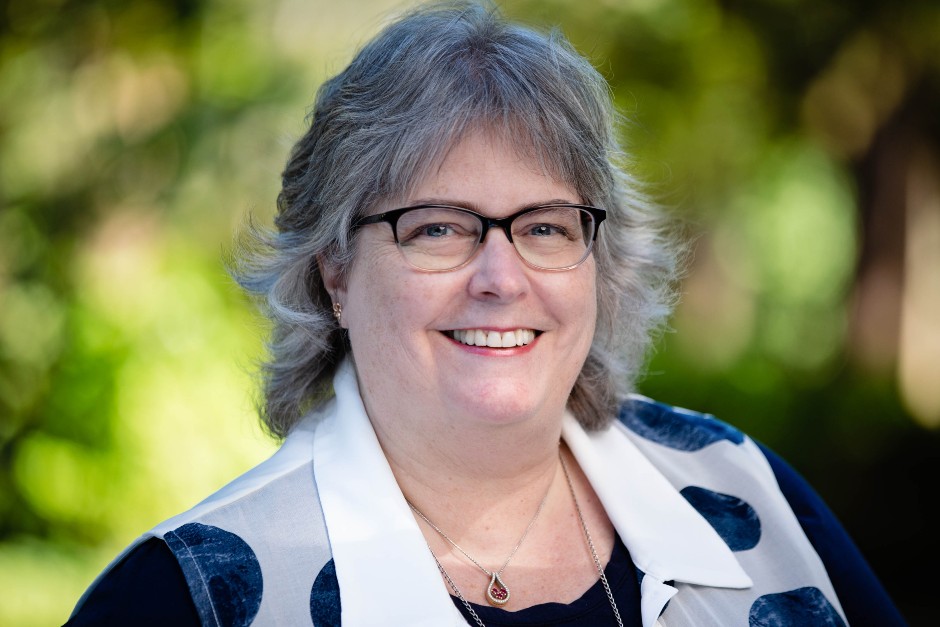
After 37 years at UBC, Dr. Catherine Backman is retiring from her role as a Professor in our department. We extend our gratitude to her for her contributions to the department, the university, and the profession, which will be felt for many years to come.
During her time at UBC, Catherine’s teaching, scholarly, and professional contributions have been recognized both within and beyond the university, including the Killam Teaching Prize, the Association of Rheumatology Professionals’ Distinguished Scholar and Lifetime Achievement awards, and the Canadian Association of Occupational Therapists’ Muriel Driver Memorial Lectureship. She was awarded a Diamond Jubilee International Visiting Fellowship by the University of Southampton (2017-2020).
Before she had finished packing up her office, we caught up with Catherine to discuss her highlights and fondest memories from her UBC career.
What was the Department like when you first joined the faculty?
I joined the UBC School of Rehabilitation Medicine (as it was then known) as an Instructor in 1986, following five years as an occupational therapist. I was one of 7 faculty members in the Division of Occupational Therapy – today, the Department of Occupational Science & Occupational Therapy has 18 academic faculty (and counting). I’ve seen many versions of renaming, reorganizing, and expanding the occupational therapy program, and been part of a flourishing educational, scholarly, and collegial unit.
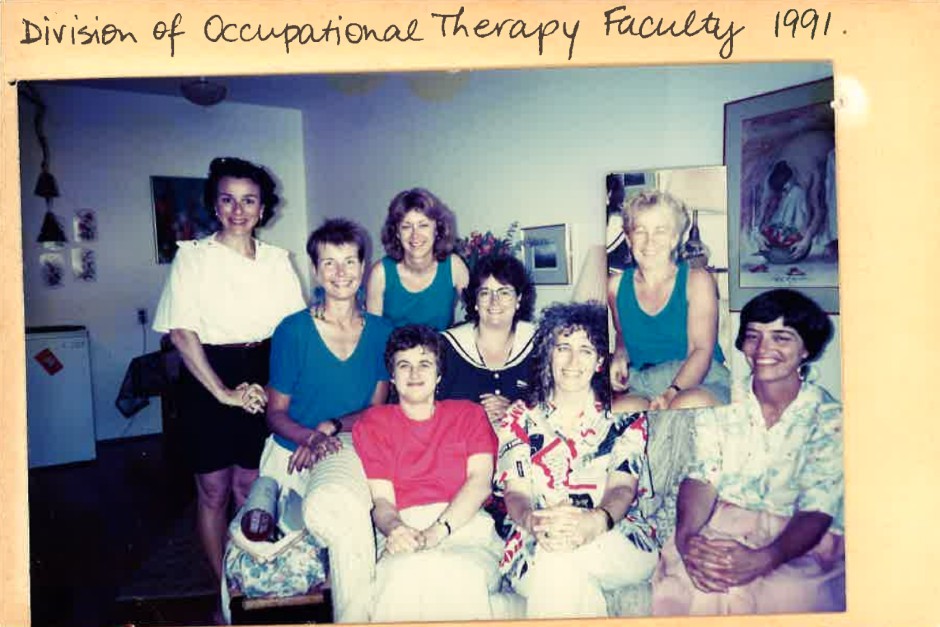
Dr. Backman as part of the faculty in 1991
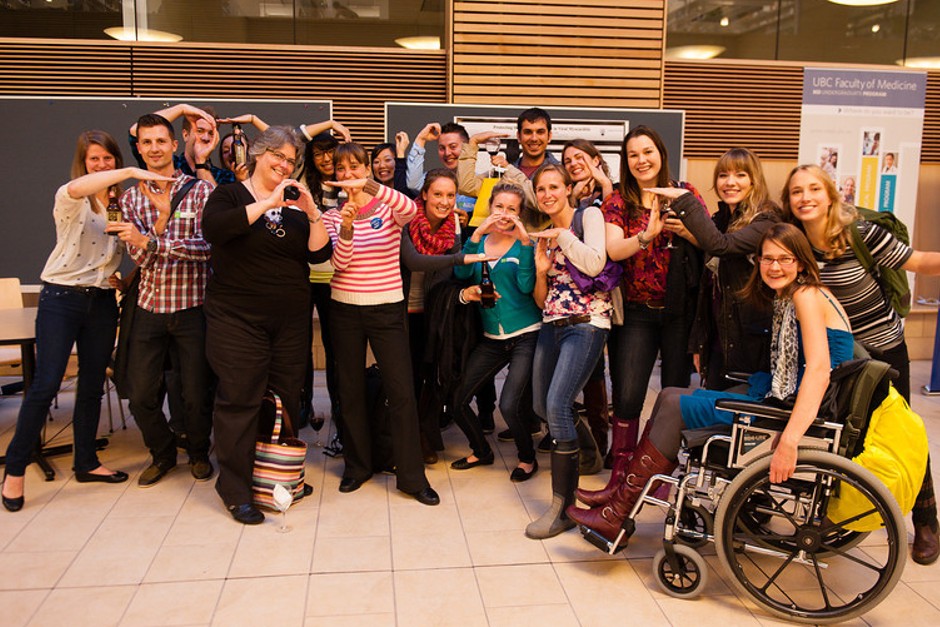
Dr. Backman with OT students in 2012
What was the first OT course you taught?
In 1986, I taught program design, professional issues, and orthotics and remedial equipment (which I redesigned into a course on biomechanical approaches in occupational therapy). There were 16, 18, and 20 students in the 4th, 3rd, and 2nd year BSc(OT) program, making hands-on and participatory learning a little easier. But also, no computers, so exams were written longhand and submitted for typing!
What was the last OT course you taught?
My last courses were fundamentals of theory and practice, and societal and environmental influences on practice, and the typical cohort was 56 students. Quite a jump from when I first started. It’s incredible to think that the MOT program will have about 96 students starting this September! Many occupational therapists in BC have been part of years of lobbying to make this happen – “At Last” could be our theme song!
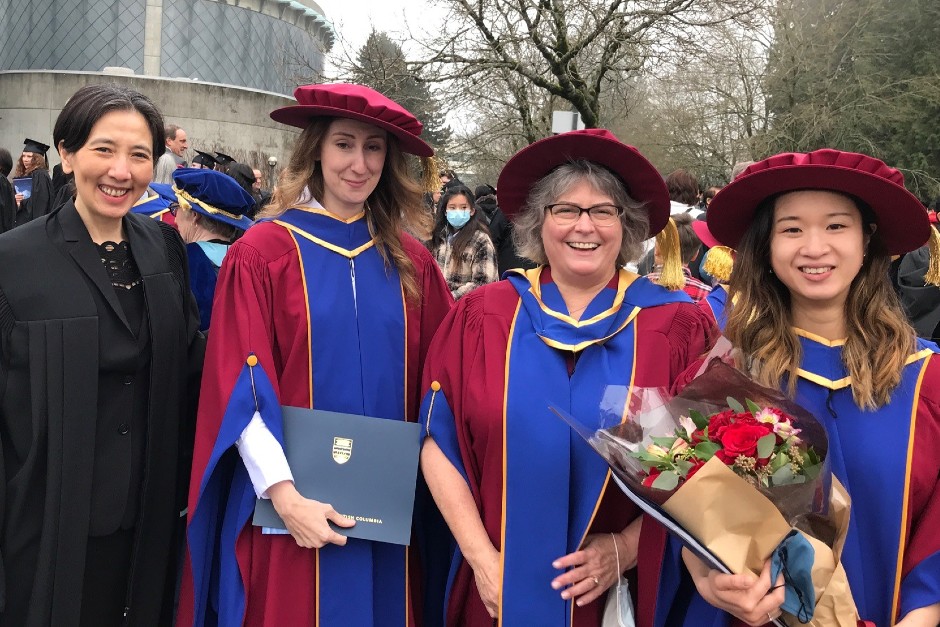
Dr. Backman at the 2021 convocation
What would you say is your biggest contribution to the Department?
At various times I have been the fieldwork coordinator, division head, and department head. I chaired the curriculum committee for the BSc(OT) program for many years and engaged in multiple national academic accreditation reviews and committees.
When the credential for occupational therapists shifted to graduate education, I wrote the proposal for the new Master of Occupational Therapy degree for approval by the UBC Senate and the BC Ministry of Advanced Education. That curriculum, launched in 2004, included “new” learning approaches that are now routine habits, like case-based small group tutorials as an integrative learning tool and an annual Capstone Conference inviting the occupational therapy community to engage with student research.
What is your standout teaching memory?
Too many to describe! I learned a lot from MOT, MSc, and PhD students and hope they remember UBC fondly. Capstone projects have been the source of great fun and shared learning ever since the first conference in 2006. One example: I co-mentored MOT students Laura Brooks and Kim Ta with my sociologist colleague Anne Townsend. Laura and Kim collaborated with the Westcoast Knitters Guild to explore knitting and well-being, and I thoroughly enjoyed the collaboration and watching the project unfold. See CJOT vol. 82, no. 2, 2019, for the findings!
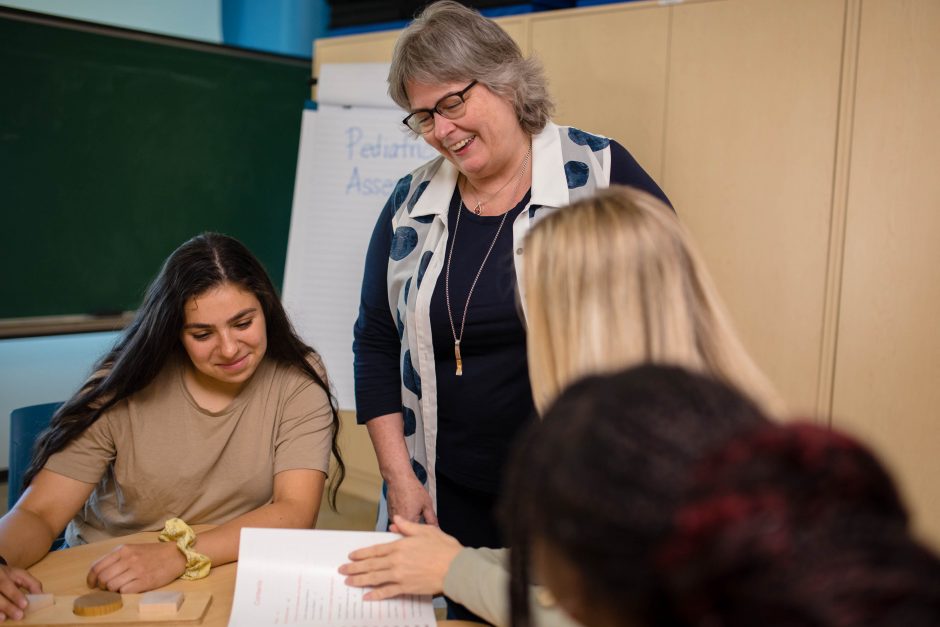
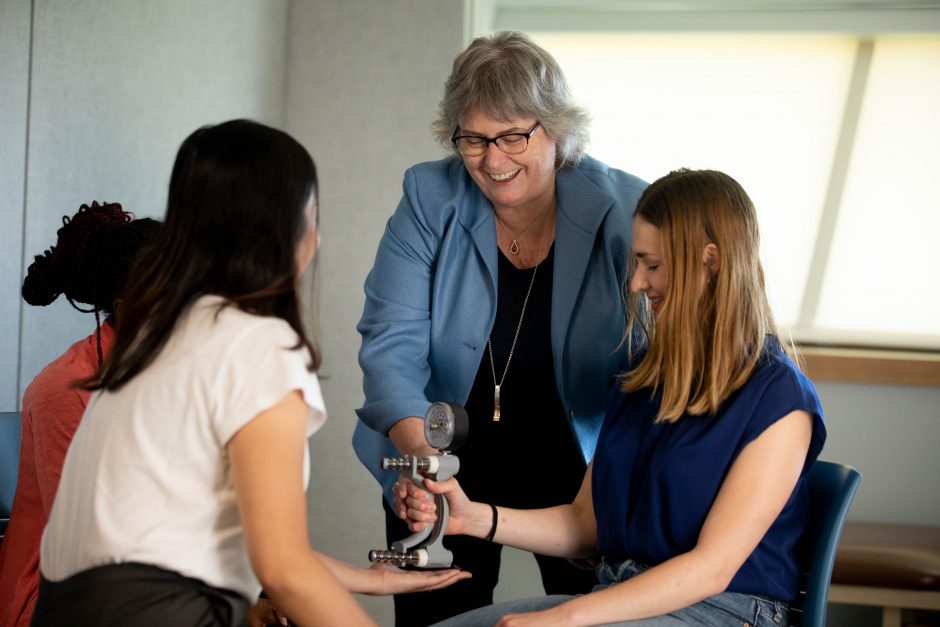
Can you summarize your research?
My research focused on the impact of chronic illness, particularly arthritis, on participation in paid and unpaid work, social role participation, and occupational balance, and the effect of rehabilitation interventions. My research findings have been shared in more than 130 journal articles and 15 book chapters, and it’s important to realize that virtually every one of them “took a village” to produce – no one does this alone!
I am proud to have included patient partners as collaborators and co-authors in my research long before it was popular – it just seemed like a natural extension of client-centred practice. As a Senior Scientist at Arthritis Research Canada, I was privileged to work with an outstanding patient advisory board and interdisciplinary colleagues at the largest arthritis clinical research centre in North America.
What have been your favourite roles (beyond the University)?
I served as President of the Association of Rheumatology Health Professionals (2005-2006) and the Canadian Association of Occupational Therapists (2018-2020). I was also Associate Editor for the journals Arthritis Care & Research and the Canadian Journal of Occupational Therapy. Most recently, I wrote the leadership chapter in CAOT’s latest textbook, Promoting occupational participation: Collaborative relationship-focused occupational therapy, which enabled me to reflect on how much I had learned over the years. Volunteering was really rewarding, as an opportunity to meet people from multiple professions and countries, and the projects and activities were a “tuition-free” education.
What are you most looking forward to in your retirement?
After decades of jam-packed Septembers at the start of each new school year, I look forward to pushing “pause” and enjoying autumn in the outdoors.

The OSOT Faculty Team at Catherine’s retirement celebration at the end of June 2023
Images: UBC OSOT